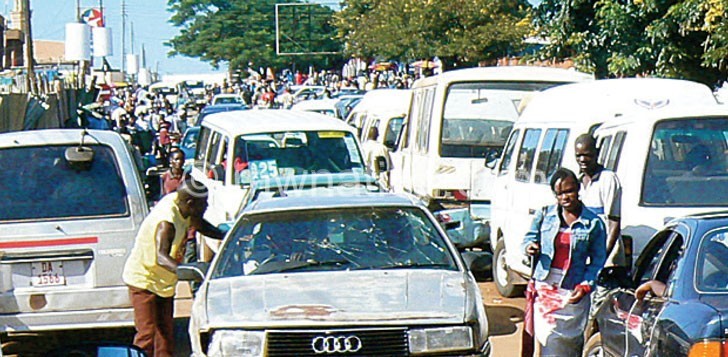Fuel price hike to worsen living standards—experts
Economic commentators have warned that standards of living for the low and middle income earners are in jeopardy following the anticipated rise in prices of goods and services triggered by last week’s fuel price hike.
On Thursday, Malawi Energy Regulatory Authority (Mera) increased the price of petrol by 6.2 percent to K990.50 per litre, diesel went up by 6.9 percent to K990.40 per litre while paraffin is now selling at K785.80 per litre, an increase of 3.93 percent.

The fuel price hike follows another one in October by an average of five percent.
In a written response yesterday, economist Salim Mapila observed that a number of sectors in the economy factor in transport costs in the cost of production.
“It is expected that the market prices of goods and services will experience a corresponding increase with the increase in fuel prices. This will erode the purchasing power of people’s income and negatively affecting the standard of living of citizens,” he said.
On his part, economist Gilbert Kachamba, who is also Catholic University dean of social sciences, said Malawians should expect a slight increase in the cost of living as fuel is an essential factor in various production and distribution.
He said: “The recent increase piles fresh pressure on the already upward moving inflation.”
In an interview yesterday, Economics Association of Malawi (Ecama) executive director Maleka Thula said while the fuel price hike will put pressure on inflation rate, currently at 9.7 percent for October, the increase is small and is not expected to result into significant price increases.
In an earlier interview, Consumers Association of Malawi (Cama) executive director John Kapito condemned the price increase, saying it would push consumers into more misery as they are yet to recover from the two previous increases which triggered reciprocal hikes in prices of goods and services.
National Statistical Office (NSO) figures show that electricity, housing, water and transport contribute 31.5 percent to the consumer price index (CPI), an aggregate basket for measuring inflation.
According to United Nation Conference on Trade and Development (Unctad) , Malawi’s transport sector accounts for 56 percent of landed transport costs and 30 percent of export costs. n





